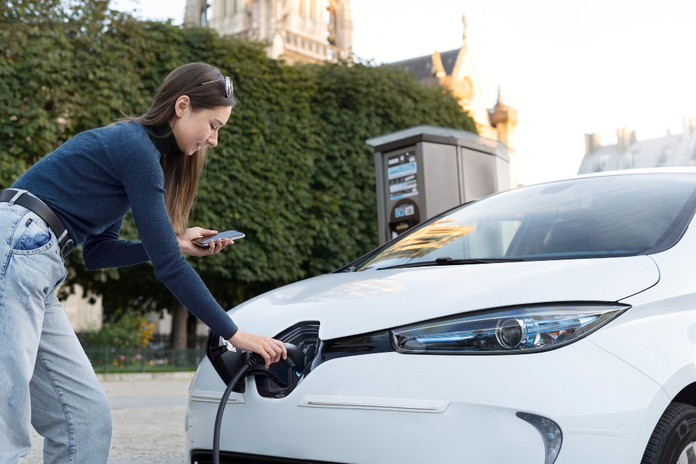For the first time since J.D. Power began its Electric Vehicle Consideration Study in 2021, American consumers’ interest in electric vehicles has declined. The latest study reveals that only 24% of respondents are “very likely” to consider purchasing an EV, down from 26% the previous year. Similarly, the overall likelihood of considering an EV has dropped to 58% from 61%.
The primary reason for this decline is charging infrastructure. Among those “somewhat unlikely” or “very unlikely” to consider an EV, 52% cited a lack of charging station availability as the main deterrent, up 3% from last year.
The situation with Tesla’s (NASDAQ:TSLA) Supercharger Network, the largest in the U.S., has contributed to these concerns. Tesla CEO Elon Musk recently laid off most of the Supercharger organization responsible for expanding the network but has since reversed course and begun rehiring. This instability has exacerbated worries about charging availability.
Other automakers, including General Motors (NYSE:GM), Ford (NYSE:F), Kia, Polestar, Stellantis (NYSE:STLA), and Honda (NYSE:HMC), have committed to integrating Tesla’s NACS plug inlet into their vehicles, relying on the promise of a growing Supercharger network.
Beyond charging issues, the J.D. Power survey identified higher EV prices, limited driving range, long charging times, and difficulties charging at home or work as significant barriers to EV adoption. J.D. Power suggests that better education about incentives, such as tax credits, could help increase EV sales. However, 40% of shoppers report not understanding these incentives.
Stewart Stropp, J.D. Power’s executive director of EV intelligence, emphasized the importance of educating consumers about available incentives to boost EV consideration.
Currently, only 15 fully electric vehicles qualify for full or partial federal tax credits. Many consumers are unaware that any EV sold in the U.S. can receive the full $7,500 federal tax credit if purchased through a lease.
In response to cost concerns, automakers have started offering incentives and cutting EV prices. Tesla recently offered 0.99% financing for new Model Y purchases for a limited time.
Surprisingly, even younger generations, typically more inclined toward new technology and greener options, show decreasing enthusiasm for EVs. The study found that “very likely” consideration among Gen Z and Gen Y buyers dropped by 2 and 5 percentage points, respectively. Nonetheless, these groups remain the most optimistic about EVs, with 24% of Gen Z and 32% of Gen Y respondents indicating they are “very likely” to consider an EV.
J.D. Power’s data is based on responses from 8,179 consumers collected between January and April 2024.
Featured Image: Freepik









